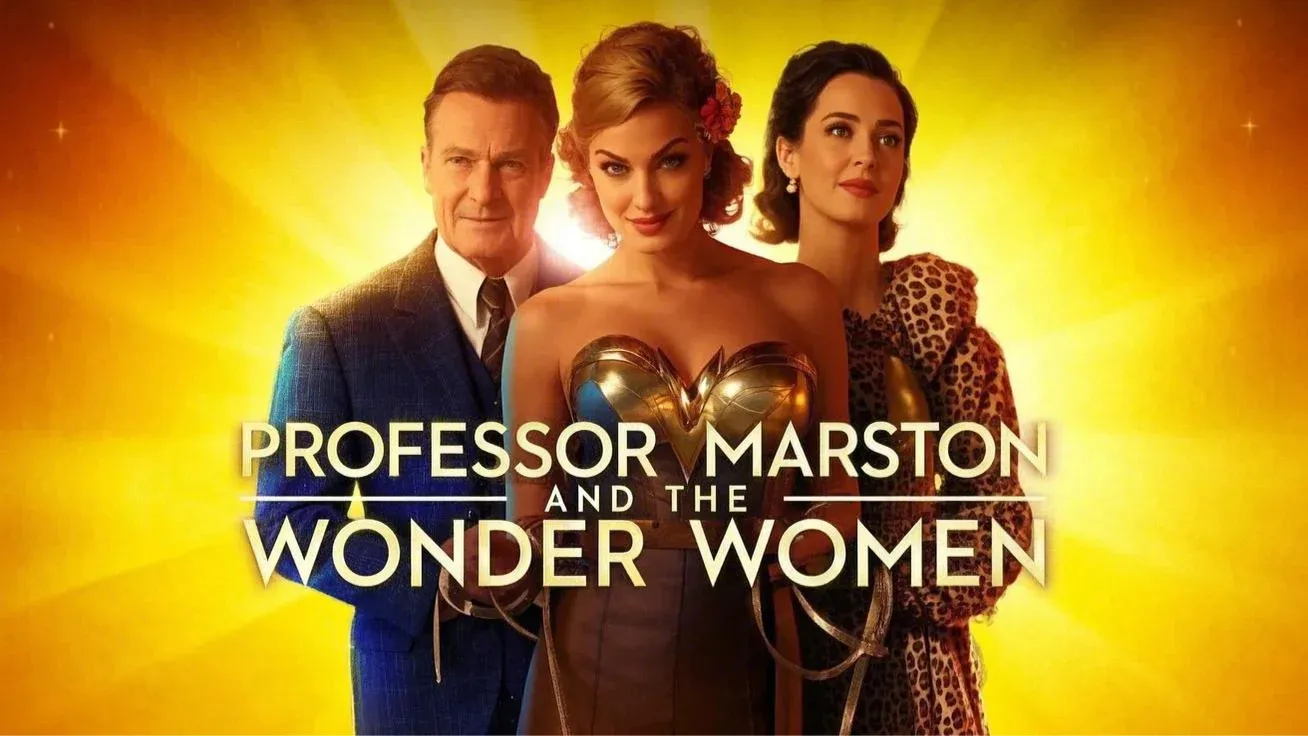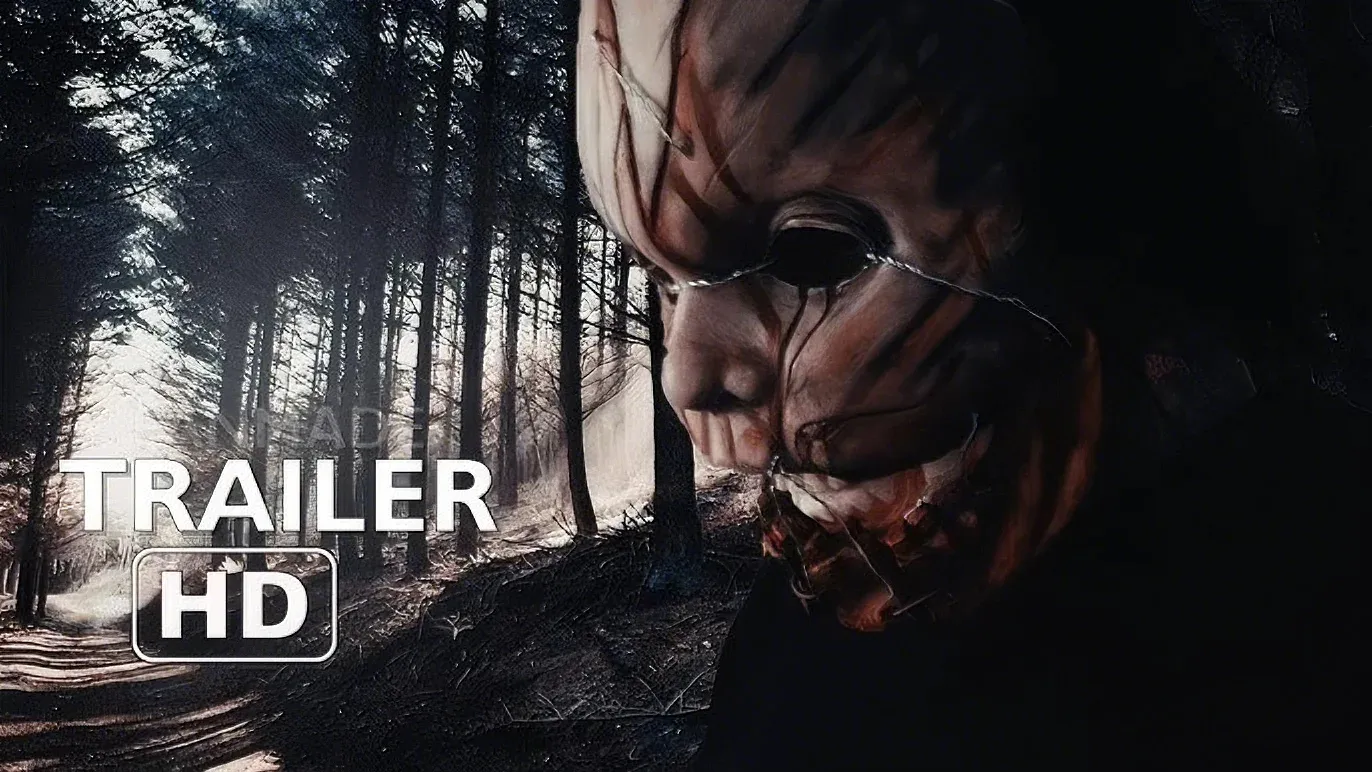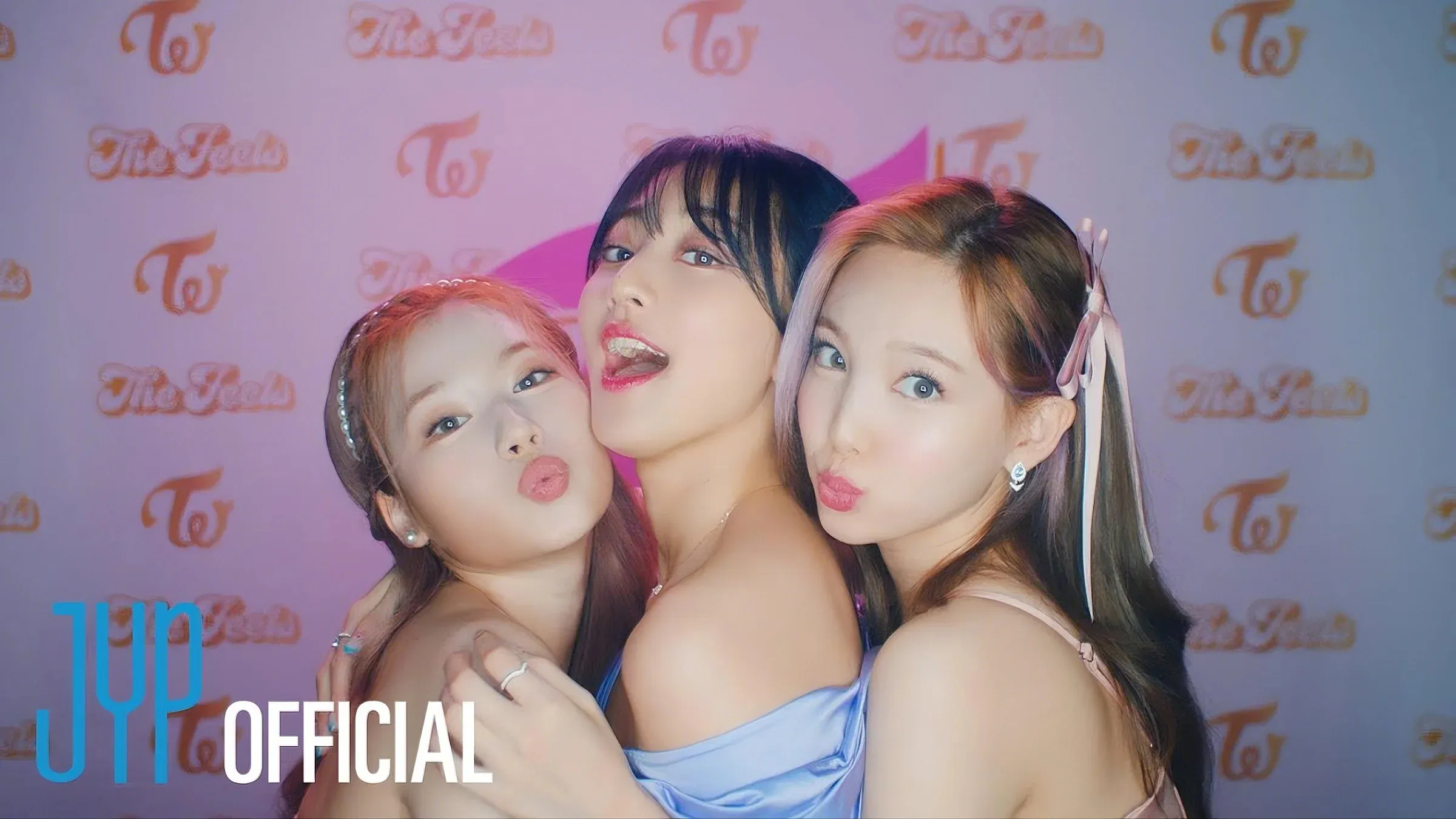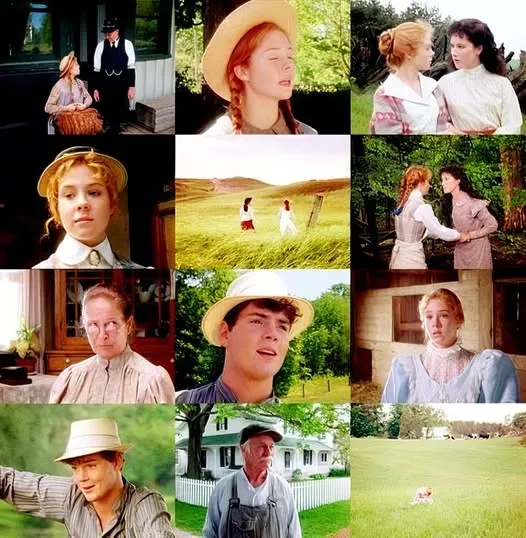Professor Marston and the Wonder Women (2017) is a biographical drama that offers a fascinating glimpse into the life of William Moulton Marston, the creator of the iconic superhero Wonder Woman. Directed by Angela Robinson, the film explores not only Marston’s professional achievements but also his unconventional personal life, centered around his relationships with his wife, Elizabeth Marston, and his former student, Olive Byrne. These relationships played a key role in shaping Marston’s creation of Wonder Woman, a character who would go on to become a symbol of empowerment and equality. The film examines themes of feminism, love, power, and the complexities of nontraditional relationships in a conservative society. Through this exploration of Marston's life, the film reveals how his family dynamic, built on love and mutual respect, influenced his groundbreaking work and the lasting legacy of Wonder Woman. The story begins with Marston (Luke Evans), an academic and psychologist, who, along with his wife Elizabeth (Rebecca Hall), shares progressive ideas about gender roles and women's rights. In an era when women were still fighting for basic rights like the vote, Marston and Elizabeth were passionate advocates for equality. Their lives take an unconventional turn when Marston develops a relationship with Olive Byrne (Bella Heathcote), a young student who comes to work for them. What begins as a professional relationship slowly develops into a personal and romantic bond, leading to a polyamorous family structure between the three. Elizabeth and Olive share a close relationship, both emotionally and intellectually, and they support each other as they live under the same roof with Marston. It is within this unique family dynamic that Marston finds inspiration for Wonder Woman, a character who embodies strength, justice, and equality—values that resonate deeply with his feminist ideals. Marston’s creation of Wonder Woman is depicted not just as a professional achievement, but as an extension of his personal beliefs and the relationships he cultivated with Elizabeth and Olive.

However, as the film progresses, the Marstons’ unconventional family structure faces significant societal scrutiny. The film is set in the 1920s and 1930s, a time when such nontraditional relationships were not just frowned upon but considered scandalous. Marston's progressive views on gender and his involvement in a polyamorous relationship place him and his family under intense public scrutiny. In addition, his work on Wonder Woman, a superhero who represents feminist ideals, meets resistance from the male-dominated comic book industry. Marston’s ideas for Wonder Woman—who would fight for justice, equality, and empowerment—challenge traditional gender roles, and the character's existence becomes a point of contention. The story portrays how Marston, Elizabeth, and Olive must navigate the pressures of living in a society that refuses to accept their lifestyle. Despite the challenges they face in their personal lives and professional careers, Marston remains committed to his vision for Wonder Woman, seeing the character as a means of empowering women and shifting cultural perceptions about gender. In the final act, the film emphasizes the lasting legacy of Wonder Woman and the impact of the Marston family's bond. Although Marston faced significant backlash during his life for both his unconventional family structure and his feminist ideals, Wonder Woman’s popularity only grew after her creation. The character became a cultural icon, representing female strength and independence, and served as an inspiration for future generations of women. However, Marston did not live to see the full extent of Wonder Woman’s success. The film reflects on how his work, while revolutionary, was largely unappreciated in his lifetime, and how he and his family had to endure personal and professional hardships as a result of their nontraditional views. Still, the Marstons’ love and support for one another remain steadfast, and their commitment to each other enabled them to overcome societal challenges. The film concludes by acknowledging the legacy of Wonder Woman as a feminist icon and highlights how Marston’s personal life and his relationship with Elizabeth and Olive were integral to the creation of the superhero, symbolizing the transformative power of love, creativity, and resilience.

In conclusion, Professor Marston and the Wonder Women offers a unique and thoughtful perspective on the life of William Moulton Marston and the creation of Wonder Woman. The film provides a nuanced portrayal of Marston's relationships, particularly his polyamorous relationship with Elizabeth and Olive, and shows how these personal dynamics influenced his work and feminist beliefs. By focusing on the Marston family's unconventional lifestyle and their challenges in a conservative society, the film presents a powerful story of love, acceptance, and the importance of empowering women. Wonder Woman, as portrayed in the film, is not just a superhero but a symbol of the values that Marston and his family held dear. Through this compelling narrative, the film honors the legacy of Wonder Woman and the groundbreaking ideas that Marston brought to life, making Professor Marston and the Wonder Women an important exploration of love, gender, and the lasting impact of one of the most iconic characters in comic book history.




